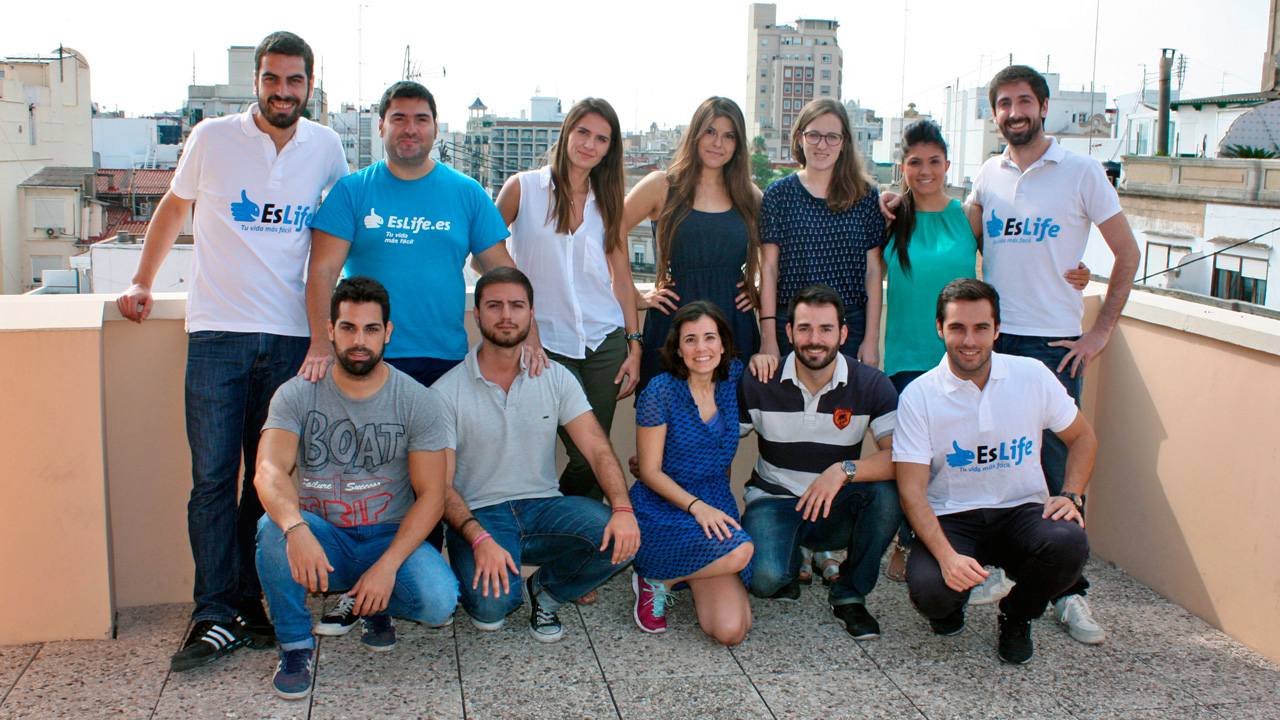Spanish startups are increasingly paying attention to the domesting cleaning services industry. In the past few months we’ve witnessed the launch of several companies in the space (EsLife, Domesting, GetYourHero, Wayook and German Helpling) and consumers seem to be welcoming these alternatives to more traditional methods of hiring domestic cleaning services.
Some of the startups above were focused in the sector from day one and others have pivoted over time. One of example of the latter is EsLife, a company headquartered in Valencia that has raised the most money amongst its peers.
EsLife has just announced that it has closed a €490,000 round led by Angels Capital and Plug and Play Spain. Angels is an investment firm managed by Juan Roig, the owner of one of the biggest supermarket chains in Spain (Mercadona), that also runs the Lanzadera accelerator in Valencia.
As reported by Hemerotek at the time, Angels invested in EsLife in July and Plug and Play has joined the round with an additional €50,000, totalling €490,000. Since its founding in 2012 EsLife has raised €740,000, including €50,000 from ENISA (public funding) and €200,000 from Lanzadera.
EsLife started off as a marketplace for all kind of tasks (similar to TaskRabbit or its Spanish clone, Etece) but soon moved into the cleaning sector. Richard Gracia Ansó, one of its co-founders, tells me that they made this decision because “the market asked for it”. The startup acts as an intermediary, connecting customers with cleaning workers, and charges a 15 to 25 per cent commission on each transaction. Cleaning services start at €9 per hour and the minimum service time is two hours.
The company claims that so far they have provided services to 12,000 customers, which means that EsLife’s total gross revenue ranges from €32,400 to €54,000.
Worker conditions: employees or contractors?
One of the most interesting topics associated to this kind of companies is whether cleaners are employees or contractors. In the case of EsLife, Richard tells me that they can’t force them to pay social security contributions or be legally self-employed. “However, we do everything we can to try to achieve this”, he says.
As one of the leading and most well-funded startups in the space, it’ll be interesting to watch EsLife closely and see what their next steps are. Global leaders Homejoy and Helpling have yet to launch in Spain, and if these startups are able to grow quickly they might become good acquisition targets.









